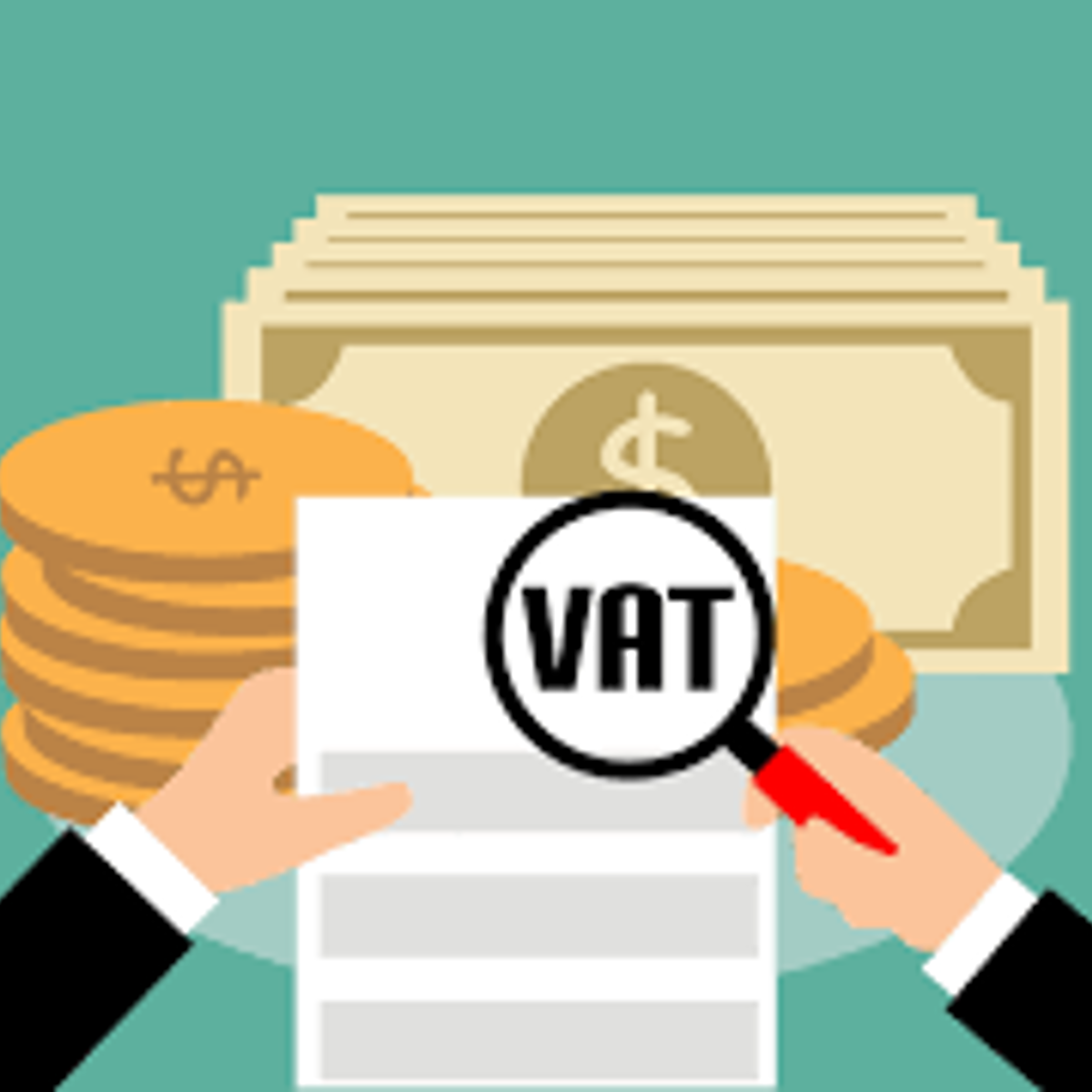
Differences of LFR and GFR in the Netherlands
Limited Fiscal Representation (LFR) is best for businesses that need a straightforward solution for handling VAT on imports and B2B transactions within the EU, without the need for a Dutch VAT number.
General Fiscal Representation (GFR) is better suited for businesses with broader commercial activities in the Netherlands.
Scope of Services
Limited Fiscal Representation (LFR)
- LFR is used primarily for specific VAT-related obligations associated with the importation of goods into the Netherlands and subsequent B2B deliveries within the EU.
- The representation is limited to handling VAT on these specific transactions, and the foreign business does not need to register for a Dutch VAT number.
- LFR allows the deferral of import VAT payments, improving cash flow for the business.
General Fiscal Representation (GFR)
- GFR provides a broader range of VAT-related services, including handling all VAT obligations for the foreign business in the Netherlands.
- This representation covers not only import VAT but also all other VAT-related activities, such as domestic sales, acquisitions within the EU, and more.
- The foreign business must register for a Dutch VAT number, which increases administrative responsibilities.
VAT number requirement
- The LFR handles VAT obligations under its own VAT number. No Dutch VAT number is required for the foreign business.
- The foreign business must obtain a Dutch VAT number before engaging in GFR services, which involves a more extensive administrative process.
Administrative burden
- LFR generally involves less administrative complexity, as it focuses on specific VAT obligations related to imports and subsequent B2B transactions.
- GFR involves a higher administrative burden due to the need to manage a broader range of VAT obligations, including VAT registration, periodic VAT filings, and compliance with all Dutch VAT regulations.
Flexibility and suitability
- LFR is more suitable for businesses that primarily import goods into the Netherlands for B2B transactions within the EU and want to defer VAT payments without registering for Dutch VAT.
- GFR is ideal for businesses that engage in a wider range of commercial activities in the Netherlands, including domestic sales and intra-EU transactions, and need comprehensive VAT representation.
Cost implication
- Typically, LFR services are less costly since they involve limited VAT obligations and do not require VAT registration.
- GFR tends to be more expensive due to the broader scope of services, the requirement for VAT registration, and the increased administrative responsibilities.
Risk and liability
- The LFR assumes responsibility only for the specific transactions they manage, which limits the scope of liability.
- The GFR assumes a wider range of responsibilities, which can increase the scope of liability for both the representative and the foreign business.